Refine listing
Actions for selected content:
2334 results in Cambridge Elements
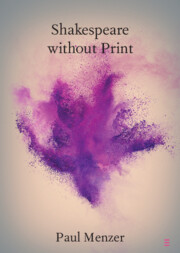
Shakespeare without Print
-
- Published online:
- 16 June 2023
- Print publication:
- 13 July 2023
-
- Element
- Export citation
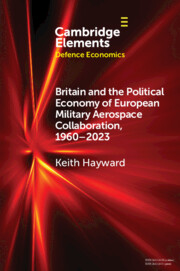
Britain and the Political Economy of European Military Aerospace Collaboration, 1960–2023
-
- Published online:
- 16 June 2023
- Print publication:
- 13 July 2023
-
- Element
- Export citation
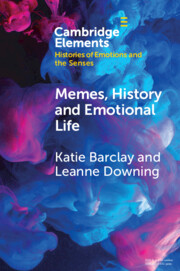
Memes, History and Emotional Life
-
- Published online:
- 16 June 2023
- Print publication:
- 13 July 2023
-
- Element
- Export citation
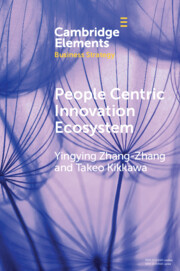
People Centric Innovation Ecosystem
- Japanese Management and Practices
-
- Published online:
- 16 June 2023
- Print publication:
- 06 July 2023
-
- Element
- Export citation
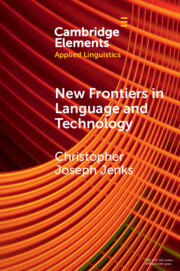
New Frontiers in Language and Technology
-
- Published online:
- 16 June 2023
- Print publication:
- 13 July 2023
-
- Element
- Export citation
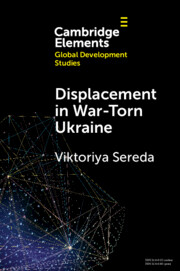
Displacement in War-Torn Ukraine
- State, Displacement and Belonging
-
- Published online:
- 16 June 2023
- Print publication:
- 13 July 2023
-
- Element
- Export citation
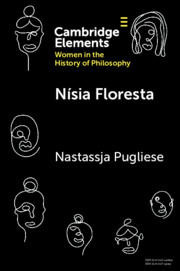
Nísia Floresta
-
- Published online:
- 16 June 2023
- Print publication:
- 20 July 2023
-
- Element
- Export citation
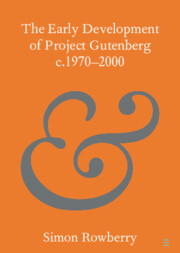
The Early Development of Project Gutenberg c.1970–2000
-
- Published online:
- 15 June 2023
- Print publication:
- 29 June 2023
-
- Element
- Export citation
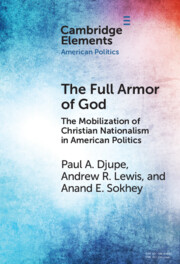
The Full Armor of God
- The Mobilization of Christian Nationalism in American Politics
-
- Published online:
- 15 June 2023
- Print publication:
- 29 June 2023
-
- Element
- Export citation

Evolution of the Automobile Industry
- A Capability-Architecture-Performance Approach
-
- Published online:
- 12 June 2023
- Print publication:
- 29 June 2023
-
- Element
- Export citation
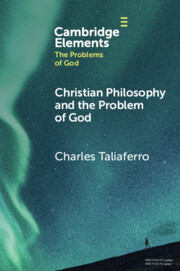
Christian Philosophy and the Problem of God
-
- Published online:
- 12 June 2023
- Print publication:
- 06 July 2023
-
- Element
- Export citation
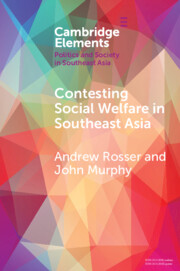
Contesting Social Welfare in Southeast Asia
-
- Published online:
- 10 June 2023
- Print publication:
- 06 July 2023
-
- Element
- Export citation
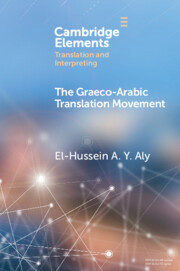
The Graeco-Arabic Translation Movement
-
- Published online:
- 10 June 2023
- Print publication:
- 06 July 2023
-
- Element
- Export citation
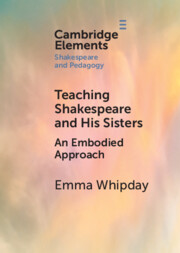
Teaching Shakespeare and His Sisters
- An Embodied Approach
-
- Published online:
- 09 June 2023
- Print publication:
- 13 July 2023
-
- Element
- Export citation
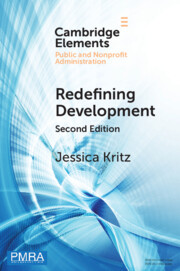
Redefining Development
- Resolving Complex Challenges in a Global Context
-
- Published online:
- 09 June 2023
- Print publication:
- 06 July 2023
-
- Element
-
- You have access
- Open access
- HTML
- Export citation
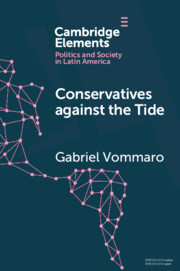
Conservatives against the Tide
- The Rise of the Argentine PRO in Comparative Perspective
-
- Published online:
- 08 June 2023
- Print publication:
- 06 July 2023
-
- Element
- Export citation
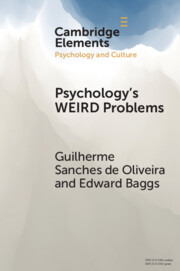
Psychology's WEIRD Problems
-
- Published online:
- 06 June 2023
- Print publication:
- 22 June 2023
-
- Element
-
- You have access
- Open access
- HTML
- Export citation
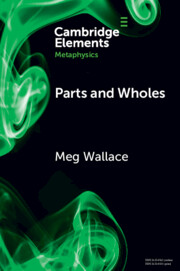
Parts and Wholes
- Spatial to Modal
-
- Published online:
- 02 June 2023
- Print publication:
- 29 June 2023
-
- Element
- Export citation
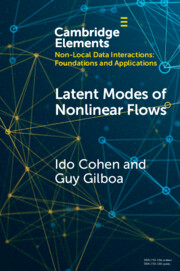
Latent Modes of Nonlinear Flows
- A Koopman Theory Analysis
-
- Published online:
- 31 May 2023
- Print publication:
- 29 June 2023
-
- Element
- Export citation
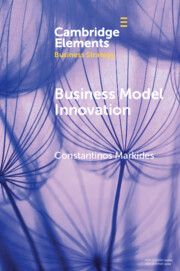
Business Model Innovation
- Strategic and Organizational Issues for Established Firms
-
- Published online:
- 31 May 2023
- Print publication:
- 29 June 2023
-
- Element
- Export citation
